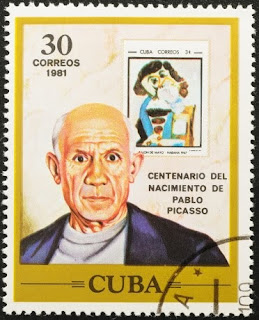Why Sales Should Be Your #1 Priority

One of the keys to a successful business -- and a fulfilled life in general -- is to not only have a plan but to also have forward momentum pushing you in the direction you want to go. Many times, the problem in moving forward isn't the goal but the struggle to generate the drive needed to accomplish what needs to get done. When the momentum is lacking, it's easy to become disheartened and slack off or abandon the goal altogether in favor of looking for a new magic bullet. In almost all cases, the missing ingredient is very close. Typically, that missing key involves taking massive action. Not just any action, but action that is focused on the fundamental steps needed to drive the company forward. More often than not, that action revolves around sales. After all, if there are no sales, there is no business. "Nothing happens until a sale is made." Every business and industry has its own subtleties and nuances when it comes to sales, but there are core acti







